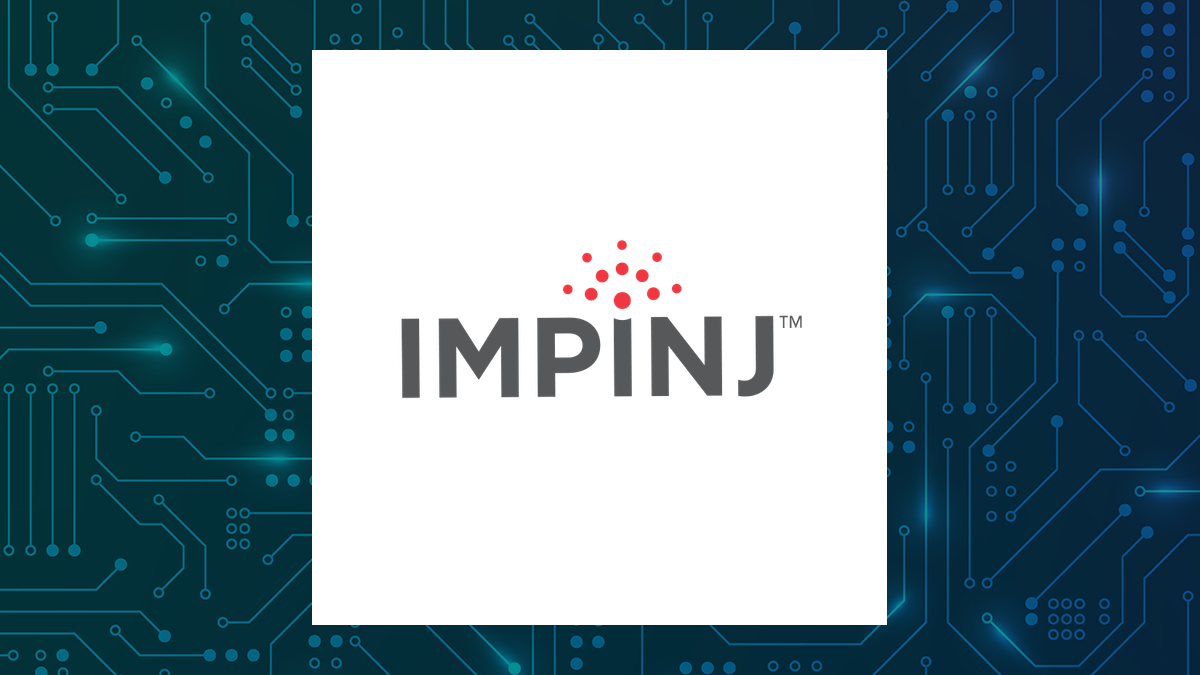
The government's much-touted digital wallet project, initially envisioned as a major stimulus initiative, similar to an "economic whirlwind", appears to have lost its momentum. The scheme faced opposition from various sectors, particularly the Bank of Thailand governor, who argued that a big-ticket budget was unnecessary for economic stimulation. The regulator's chief instead advocated for targeted assistance to vulnerable groups.
The scheme's initial plan to borrow 500 billion baht was also lambasted for potentially violating the State Financial and Fiscal Discipline Act, as the country was not in a crisis as defined by the law. The rationale for the scheme, according to Finance Minister Pichai Chunhavajira, was that Thailand's economy was in a prolonged state of stagnation for more than 15 years. Over the past decade, average GDP growth was only 1.

9%, while household debt soared to more than 90% of GDP. Diminishing competitiveness led to a decline in the production sector, which caused a dip in export volumes. The administration viewed it as necessary to inject money into the economy, while simultaneously tackling structural economic issues to enhance the country's competitiveness.
The digital wallet scheme requires citizens to register using the government's Tang Rat app. The programme was initially supposed to help all Thais aged 16 and older, with an estimated budget of 500–600 billion baht. However, following criticism about the appropriateness of distributing 10,000 baht to everyone, eligibility criteria based on income was introduced.
Eligible individuals must have an annual income of no more than 840,000 baht and bank savings of no more than 500,000 baht. This adjustment reduced the number of eligible recipients to 50 million people, with the government estimating that about 90%, or 45 million people, would register. As a consequence, the programme's budget was reduced to 450 billion baht.
Recipients are required to spend their allocated funds within the district of their registered residence for the first round of spending. The funding source for the scheme has been revised from borrowing to using regular budgetary funds. For fiscal 2024, 165 billion baht was allocated for this project, sourced from an increase in the expenditure budget by 122 billion baht, the management of the budget, or the reallocation of funds from other items amounting to 43 billion baht, and an additional 285 billion baht from the 2025 budget.
However, after the registration period for the project closed on Sept 15, 2024, only 36 million people had signed up. The plan was also changed from a nationwide one-time distribution to focusing on vulnerable groups, including state welfare cardholders and people with disabilities, totalling about 14.5 million people, as well as people aged 60 and older, accounting for around 3.
2 million people. The remaining individuals who registered through the government Tang Rat app but have not yet received funds will be included in the next phase, which may take place in April 2025..















